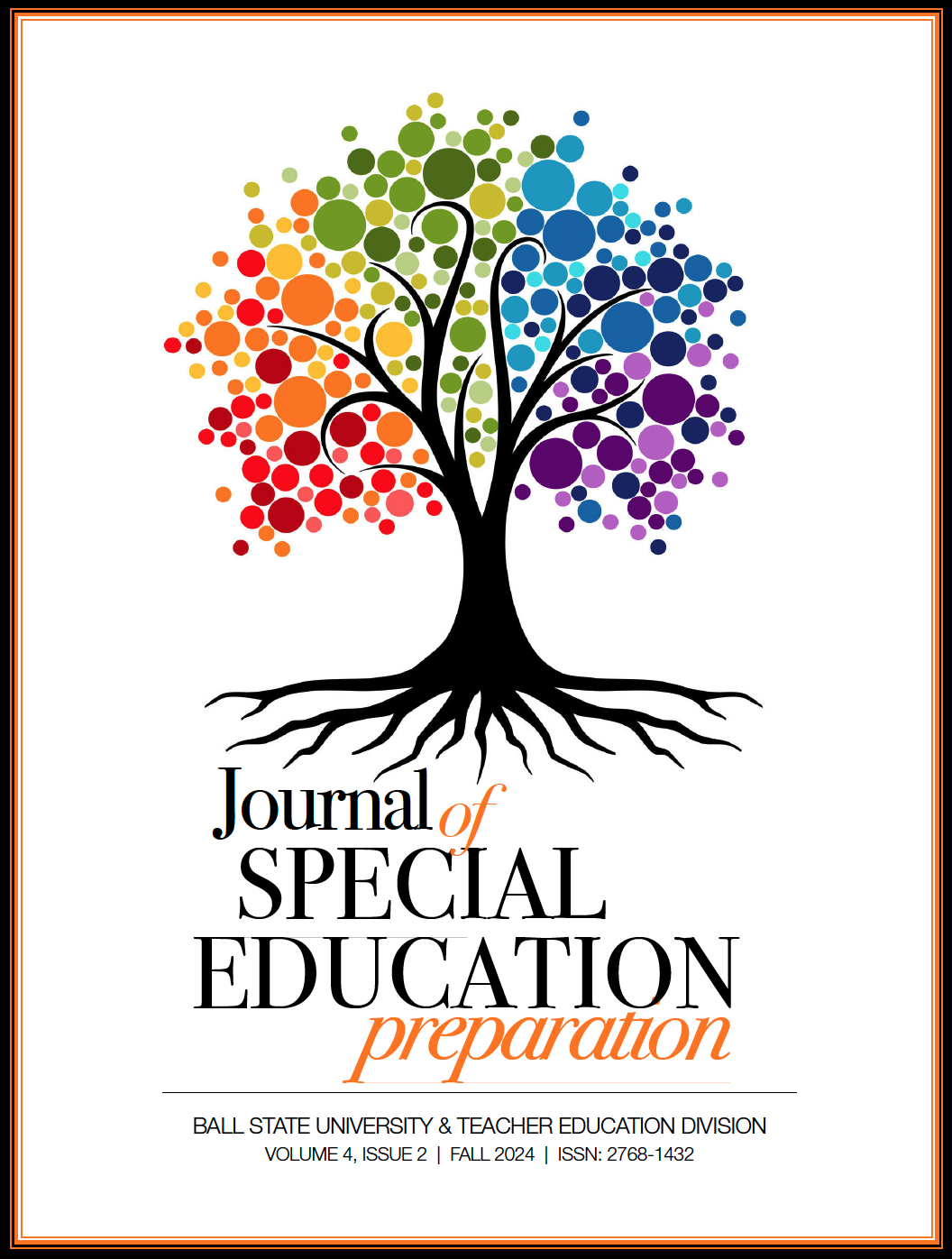Using an Artificial Intelligence (AI) Agent to Support Teacher Instruction and Student Learning
DOI:
https://doi.org/10.33043/d8xb94q7Keywords:
Teacher Education, artificial intelligence, computer science, special education, biometric, disability, AI-agentAbstract
The options for Artificial intelligence (AI) tools used in teacher education are increasing daily, but more is only sometimes better for teachers working in already complex classroom settings. This team discusses the increase of AI in schools and provides an example from administrators, teacher educators, and computer scientists of an AI virtual agent and the research to support student learning and teachers in classroom settings. The authors discuss the creation and potential of virtual characters in elementary classrooms, combined with biometrics and facial emotional recognition, which in this study has impacted student learning and offered support to the teacher. The researchers share the development of the AI agent, the lessons learned, the integration of biometrics and facial tracking, and how teachers use this emerging form of AI both in classroom-based center activities and to support students’ emotional regulation. The authors conclude by describing the application of this type of support in teacher preparation programs and a vision of the future of using AI agents in instruction.
Downloads

Downloads
Published
How to Cite
Issue
Section
License
Copyright (c) 2024 Lisa Dieker, Rebecca Hines, Ilene Wilkins, Charles Hughes, Karyn Hawkins Scott, Shaunn Smith, Kathleen Ingraham, Kamran Ali, Tiffanie Zaugg, Sachin Shah

This work is licensed under a Creative Commons Attribution-NonCommercial-NoDerivatives 4.0 International License.


